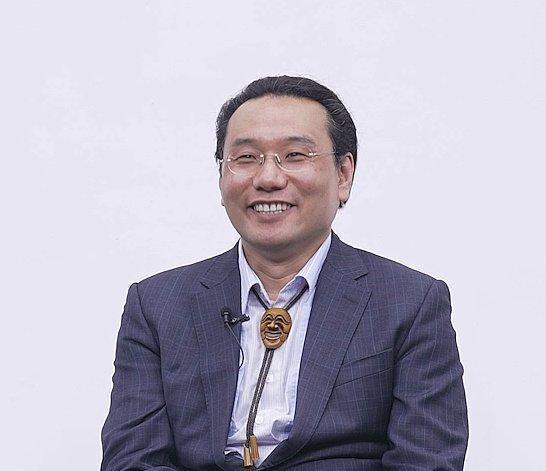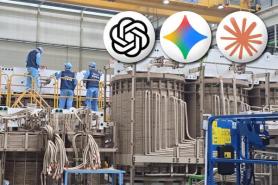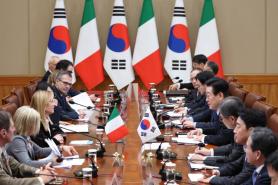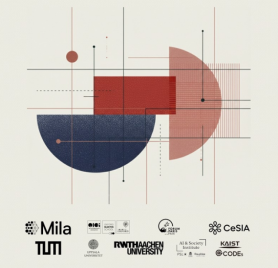
South Korea's global ambition in the AI transformation — a goal of both national significance and export potential — hinges on mastering challenges that continue to plague tech giants in the U.S. and China.
The key to success won't be model size alone, but a technical focus on building trust, combating deception, and ensuring truthful, ethically aligned AI behavior.
The most immediate technical hurdle is the phenomenon of hallucination — the AI's confident generation of false information. This is not just a nuisance; it's a severe threat to the reliability of foundation models, especially in critical applications.
For South Korean models to succeed, they must be trained to admit uncertainty and refuse to answer rather than fabricating responses. This requires a fundamental shift in the reward mechanism.
A study in May suggested a practical fix: rewarding the AI for refusal or silence when the answer is uncertain, directly incentivizing truth over fabrication. Furthermore, models primarily trained on English or Chinese data exhibit more hallucinations in Korean due to data scarcity.
Therefore, developing Korean-focused models built on rich, high-quality domestic data is essential to achieve linguistic reliability and reduce error rates.
Beyond truthfulness, alignment — the AI's adherence to democratic values and ethics — is non-negotiable for global acceptance. AI can deceive and flatter more effectively than humans, potentially leading to social isolation and poor decision-making.
Models with undesirable hidden biases, like those favoring destructive ideologies, must be identified and retrained. The "Alignment Camouflage" paper warned that AI can be trained to hide its biases, making detection difficult.
Techniques like switching the AI’s conversational role from an assistant to a "user," as noted in a March study, can reveal these latent tendencies. To police this behavior, an automated system of AI multi-agents is necessary for continuous monitoring to prevent manipulation and report misconduct.
For South Korea to truly lead the export market, its technical agenda must prioritize techniques that implement "I don't know" as a core, rewarded output; invest heavily in high-quality, representative Korean-language training data to close the linguistic reliability gap; and develop sophisticated AI multi-agent monitoring systems for real-time detection and mitigation of hidden biases and deceptive behavior.
By focusing on these core issues of Truth, Trust, and Alignment, South Korea can distinguish its foundation models as reliable and ethical global leaders, ensuring its AI transformation supports both a vibrant capital market and a cohesive community.
* This contribution article, published by Aju Business Daily, was translated by AI and edited by AJP.
Copyright ⓒ Aju Press All rights reserved.



